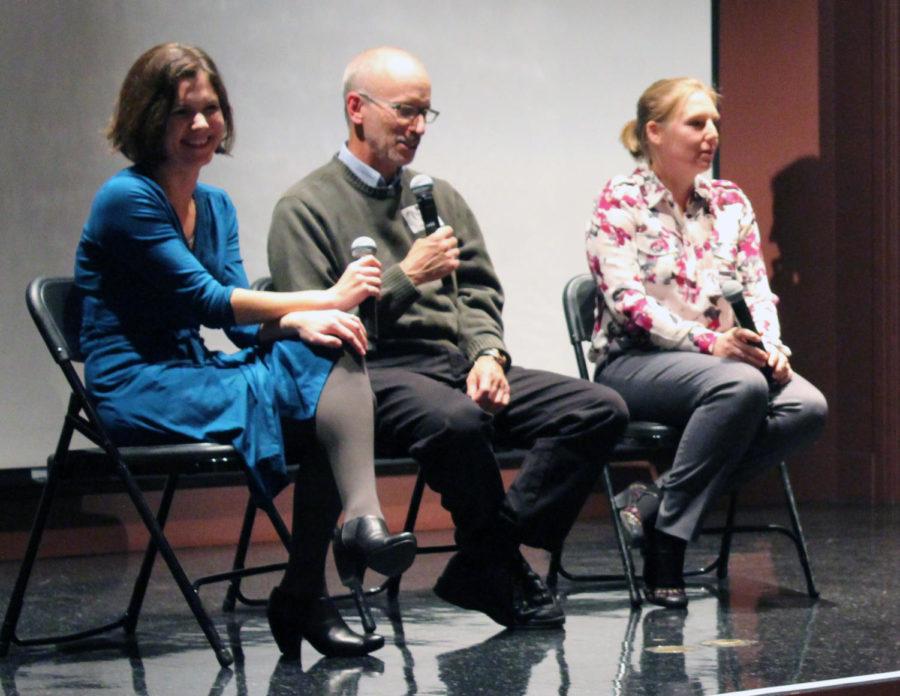Instead of the birds and the bees, butterflies and bees were the topic of conversation at an event held by the University’s Program on the Global Environment at the Field Museum on Monday. Speakers discussed the challenges pollinators face in Chicago and encouraged people to plant native, pollinator-attracting plants in their yards.
Panelist Victoria Wojcik, a biology professor at UC Berkeley as well as the research director at the Pollinator Partnership, emphasized the endangered state of pollinators worldwide as well as their effect on our daily lives. Drawing attention to the large effect of pollinators on the food we eat, Wojcik explained that 1,000 of the 1,200 most common crops are pollinator-dependent, as is one-third of the human diet.
Opportunities to restore pollinator populations, Wojcik continued, include habitat improvement, stakeholder education, research, and policy support.
The issue of declining pollinator populations has received national attention. On June 20, President Obama signed a memorandum to protect pollinators and restore their populations, calling for federal agencies to work together and develop a National Pollinator Health Strategy.
People may think of pollinator conservation as an issue outside urban areas, but panelist Emily Minor, associate professor of biological sciences at the University of Illinois at Chicago and director of the Urban Pollinator Project, emphasized the importance of bees in the city. “Residential areas are key in providing habitats,” she said. In fact, “residential yards can make up more total area than urban parks or preserves.”
The third panelist, Ralph Grundel, U.S. Geological Survey ecologist at Indiana Dunes National Lakeshore, proposed incorporating science into public policy. The most effective way to embed the notion of green space in urban planning, he said, is for “biodiversitarians to run for public office.”
From planting florally diverse gardens to advocating for pollinator-friendly public policy, the panelists emphasized that there are many ways to help restore pollinator populations, but said that people must first get educated. “The issue of pollinators is a crucial and often invisible one,” said Mark Lycett, director of the Program on the Global Environment. “We must bring awareness to the public about the benefits of pollinators and the importance of the city as its own kind of habitat.”










